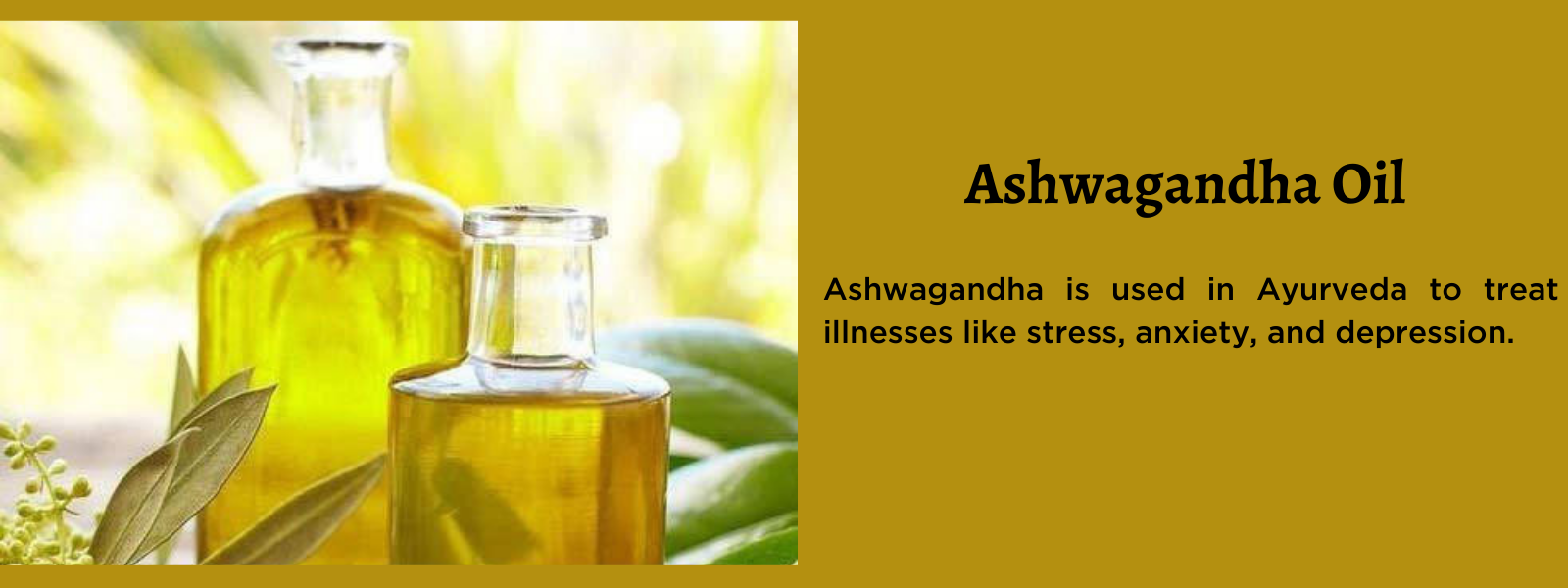If beauty is in the eye of the beholder, then the taste of medication is in the mouth of the patient. Similar to how some individuals adore certain meals while others detest them, herbal medications have received varying degrees of praise for their flavour. Due to the herb's distinct flavour and aroma, it seems to be the case with ashwagandha tea.
Table of Contents
What is ashwagandha?
Withania somnifera, often known as ashwagandha, is a herb that has long been utilised in Indian and African traditional medicine as an adaptogen. According to popular belief, adaptogens are chemicals that aid the body in coping with a wide variety of conditions, including infectious diseases, radiation, pollution, and "interpersonal discord". Modern research has discovered evidence to corroborate some of the claims made by traditional therapies like Ayurveda, which used the root and berries of ashwagandha (also known as winter cherry or Indian ginseng) to cure a variety of health ailments.
Everything you need to know about ashwagandha tea:
You can add ashwagandha powder to hot drinks or smoothies, but you may need to experiment with other flavours and scents to cover up the distinct taste and odour of the supplement.
Since ashwagandha teas are usually consumed alone, they could be more difficult to swallow. Although some customers complain about the taste of ashwagandha-only teas, others claim that the fragrance was the only thing that disturbed them. Ashwagandha and other herbs thought to promote relaxation have been incorporated into tea blends made by some specialised tea firms, which may help hide the flavour. The herb may be combined with other adaptogens like tulsi, dandelion, turmeric, or licorice root.
The whole, dried root was employed in traditional Ayurvedic therapies; it was ground into a powder and typically soaked in milk. But this is not the same as drinking Withania somnifera tea. You obtain all the active components in the same amounts as you would find in nature because powders are made from dried and ground up plant material.
The quantity of active chemicals you receive from a cup of tea relies on how much of the plant's dried portions are extracted into the water. This is influenced by the water's temperature, the amount of time the tea bags steep, the plant parts used to produce the tea, and other factors.
However, the plant's root, leaves, or a combination of the two can be used to make ashwagandha supplements; these variants aren't always the same. There are varying concentrations of withanolides in Withania somnifera's leaves and roots, according to studies. Although the leaves are a more practical alternative for use in supplements, the roots are the source of these health-improving substances that has been the subject of the most research.
Flavour of ashwagandha tea:
Ashwagandha tea has an earthy, slightly bitter flavour. It's usually said to have a little taste of dirt. The flavour of the tea alone can be a bit overpowering for many people. As a result, buttermilk, honey, and cardamom are frequently added to the tea when serving it. For improved flavour, it can also be mixed with cherry juice, hazelnut, and turmeric.
Health benefits of ashwagandha tea:
- Aids in reducing fatigue
Do you experience exhaustion, mental fog, irritability, and food cravings throughout the day? You might be experiencing adrenal exhaustion.
Chronic emotional, physical, and mental stress leads to adrenal exhaustion. Your capacity to correctly release hormones (more precisely, cortisol and adrenaline) is affected by this stress on your adrenal glands, which are a component of the endocrine system. Stress wears out your adrenals, which disturbs hormone production and balance.
According to studies, ashwagandha consumption helps to offset numerous biological changes brought on by high stress, such as elevated cortisol levels and adrenal weight.
- Combats Anxiety and Stress
Ashwagandha tea aids in easing the signs of long-term stress and anxiety since it functions as an adaptogen to lessen the adverse effects of elevated cortisol levels.
- Enhances mood
According to research, ashwagandha root may act as a natural mood stabiliser and has antidepressant properties. Once more, this is a result of ashwagandha tea's adaptogenic characteristics, which support the body's ability to manage its physiological, psychological, and emotional reactions to chronic stress.
- Strengthens Immune System
By boosting the production of immunoglobulin, ashwagandha tea may help to lower inflammation and improve immunological function. By inhibiting pro-inflammatory cytokines, it helps to foster an anti-inflammatory environment. Additionally, the herbal tea strengthens your body's resistance to stress, which can impair immunity when it's experienced on a regular basis.
- Increases Focus and Concentration
By enhancing brain function, reducing stress hormones, and enhancing focus, ashwagandha tea may aid in boosting concentration. Additionally, it aids in reducing pain brought on by persistent stress or inflammation.
- Enhances Sexual Performance
Did you know that ashwagandha has aphrodisiac properties? By increasing testosterone levels in men, it aids in the treatment of sexual dysfunction. According to studies, using ashwagandha extract boosts fertility by increasing sperm volume, sperm motility, and sperm count.
How to make ashwagandha tea?
You can make ashwagandha tea with the dried ashwagandha. Here is a straightforward recipe for ashwagandha tea that you may make at home:
Boil 1 cup of water first.
- Add a teaspoon or more of dried ashwagandha roots next.
- The root-filled boiling water should be covered with a lid, and the heat should be reduced so that the water simmers for ten minutes.
- Pour the water into a glass jar or mug using a strainer.
- For the following day, you can make extra tea and store it in a glass jar with a cover. For each cup of water, one teaspoon of ashwagandha root should be used.











Leave a comment